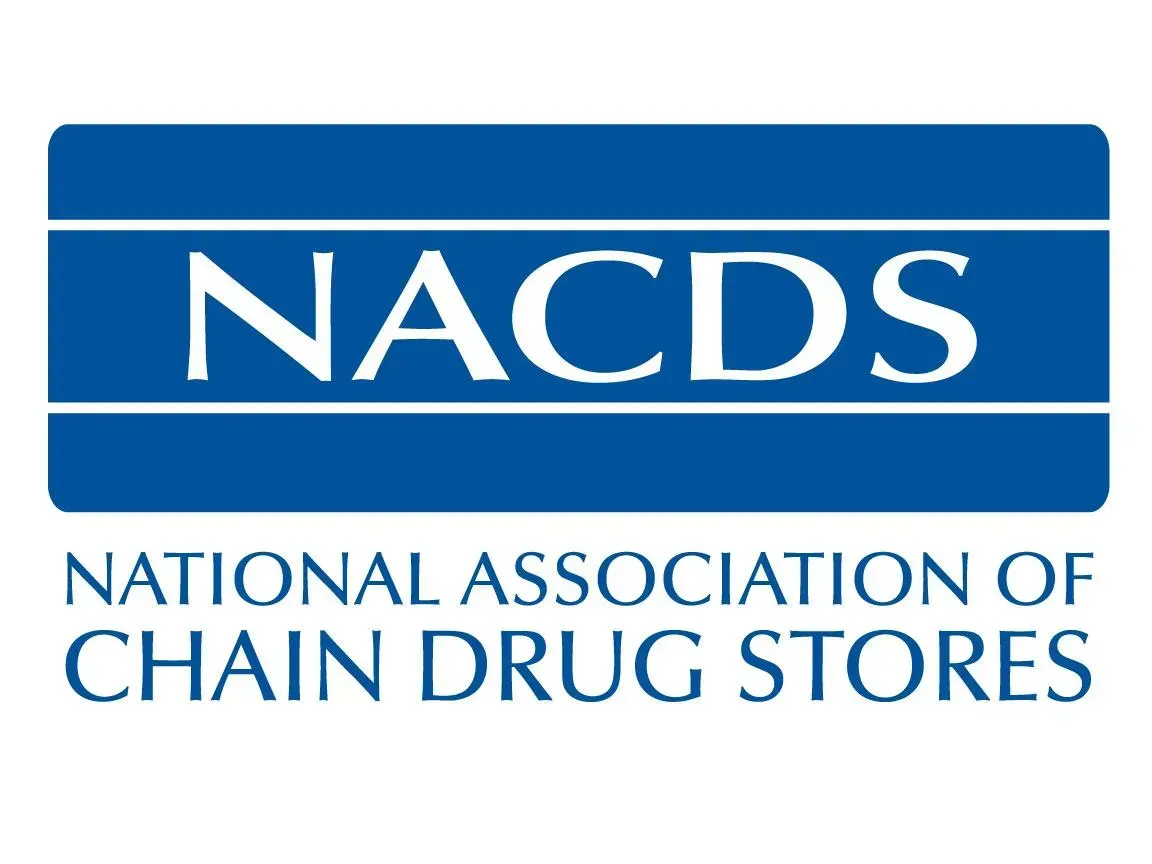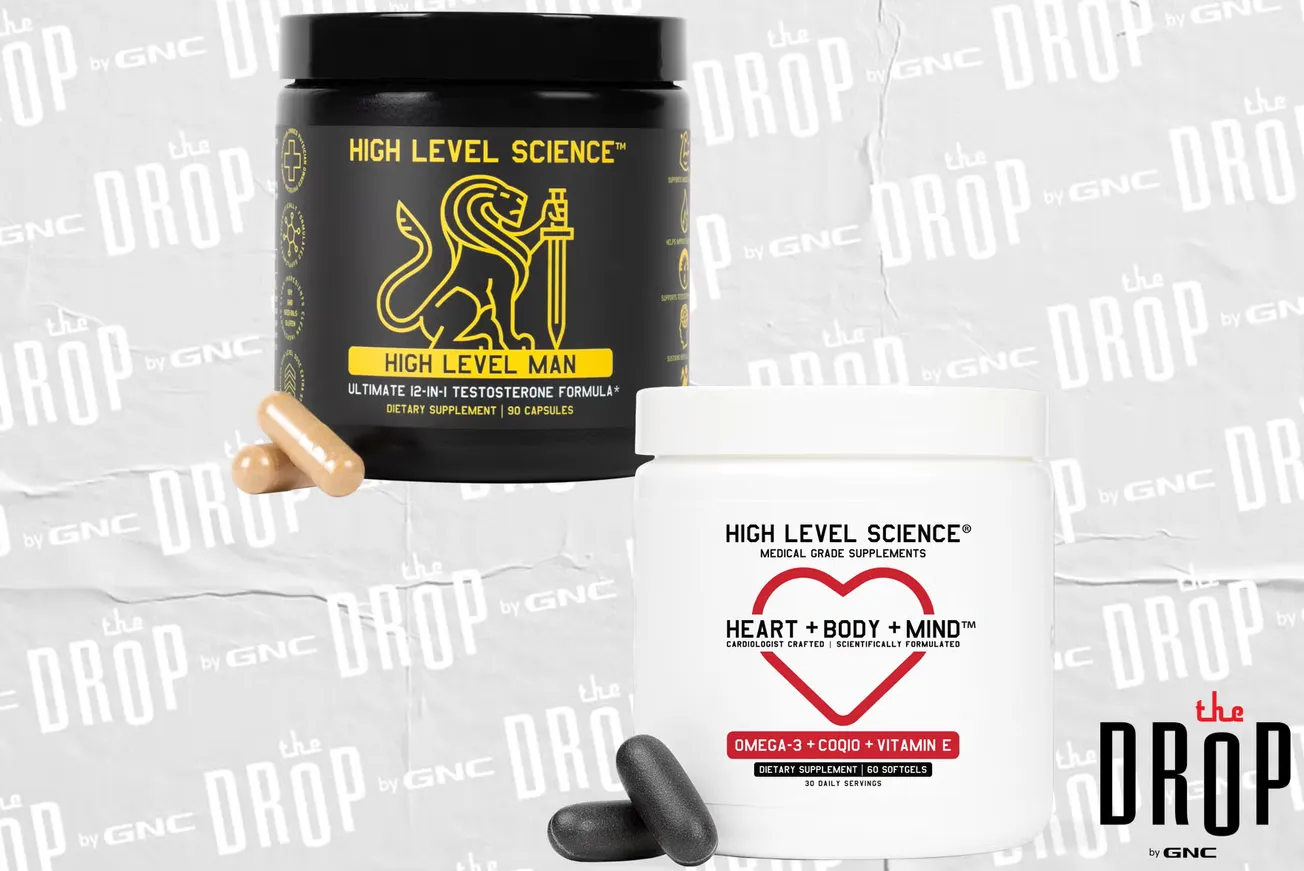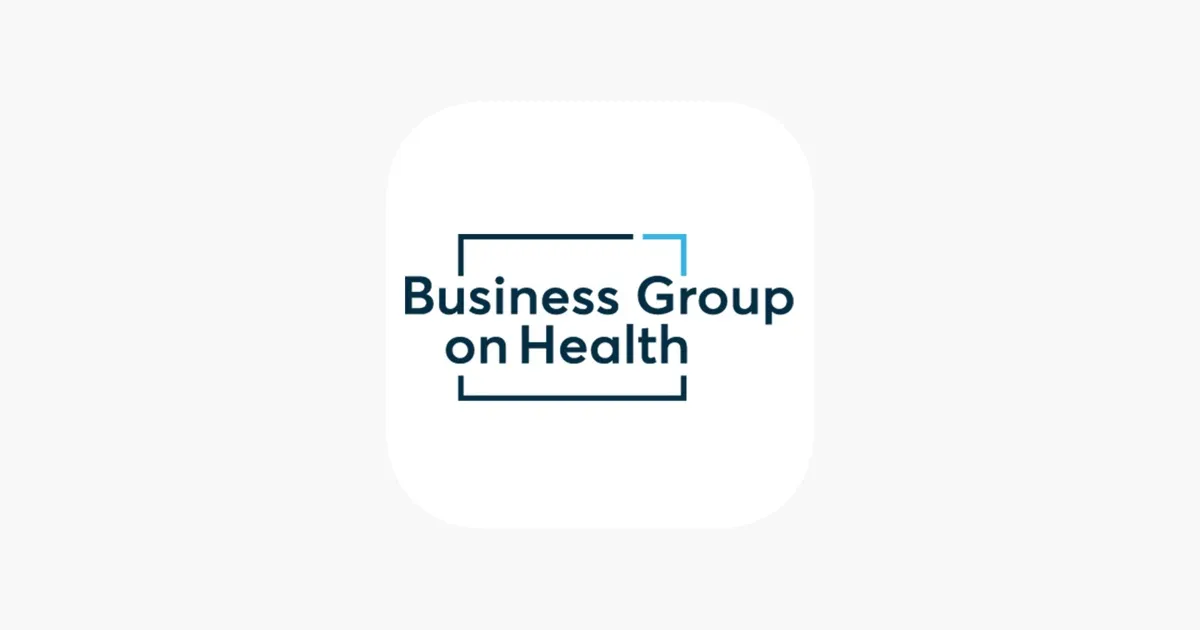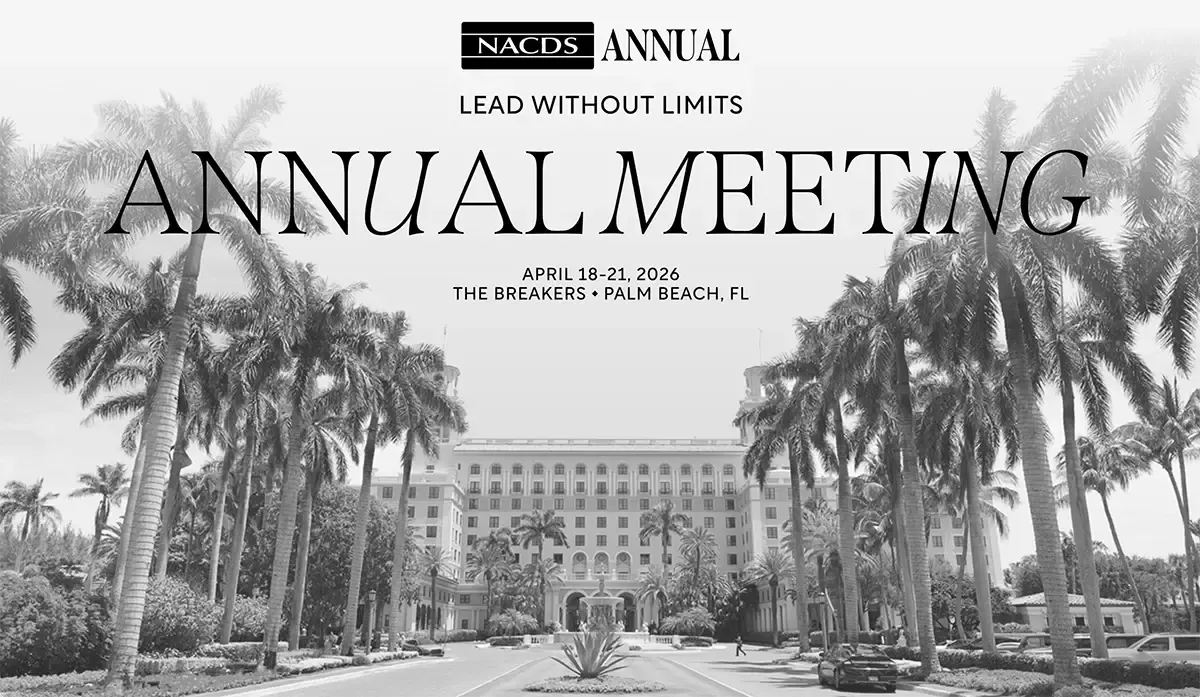By David Pinto, founder of Racher Press
The mass retailing community is on the cusp of a lengthy — and some say insoluble — battle with an agency of the federal government, a fight which could conceivably result in courtroom battles reminiscent of the most forgettable television court dramas of the past.
Let’s begin this tedious explanation by attempting to explain just who is trying to do what to whom — and why.
Simply put (or as simply as we can), the Federal Trade Commission has stated that it has taken legal action against the nation’s three largest pharmacy benefit managers, namely CVS Health’s Caremark, Cigna’s Express Scripts and UnitedHealth’s Optum Rx. The FTC claims that these three PBMs, which collectively control (according to the government agency) some 80% of drug prescriptions in the United States, routinely inflate insulin prices and direct patients toward higher-cost insulin medicines to increase the PBMs’ profits.
Still with us? As background, the government contends, accurately, that PBMs, which are hired by employers and government health insurance programs (think Medicare), are responsible for negotiating prices with drug makers, paying pharmacies and helping determine which drugs are available and at what cost to patients.
Going a step further (and this is at the heart of the matter), the FTC accuses the PBMs of distorting competition and harming consumers. Thus the agency is attempting to prohibit the PBMs from favoring more-costly medicines because they increase (the PBMs’) profits.
As if this wasn’t confusing enough, it calls into question such issues as how and why PBMs choose one prescription drug over another and how profits derived from these somewhat arbitrary selections are, or should be, distributed.
For their part, the three largest PBMs strongly deny these allegations, claiming that they save patients and payers money and that they were being unfairly scapegoated for high drug prices, which, they claim, are set by pharmaceutical manufacturers.
What’s next? Heaven only knows. The powers that be have already begun comparing drug prices in America with those in other industrialized countries, and drawing the obvious conclusion that ours are often far higher. More specifically, those powers point to leading prescription drug manufacturers who, they claim, charge more for insulin drugs in the U.S. than they do in other countries, issuing veiled threats that suing them in the future is not outside the realm of possibility.
Finally (or perhaps not so finally), as some of you may know, the federal government has begun suggesting limits on the prices drug manufacturers can charge people with private insurance.
Simply put, there is apparently no happy ending in sight in this matter. Put another way, some organizations are bound to lose. And even those that win will face difficulties determining exactly what they’ve won — and what the ultimate price of winning will be.
Stay tuned — if you have the courage.









